Coca-Cola culling portfolio to rid it of 'zombie brands'
In today’s consumer-driven market, change is more of a constant than ever. Every year, more than 20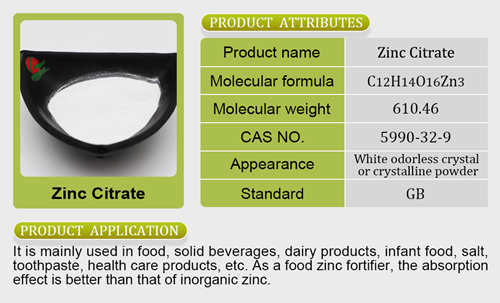 ,000 food and beverage products make their way to the marketplace, but according to data analytics company Nielsen, only 15% of consumer packaged goods launched in the U.S. are still around two years later.For a brand that is languishing after years on the market, companies must decide what to do with them. Rather than watch products suffer, many companies are favoring a culling method where they remove them from the shelves if they aren’t performing — oftentimes soon after they are launched if they are not performing up to expectations.Food and beverage companies like Coca-Cola are looking for growth any way they can. The thinking from some businesses is rather than spend money to innovate, promote and distribute brands with little to no growth, or worse yet, slumping sales, they would be better off killing it in favor of investing the savings into products that are rising at a faster clip. But for companies that have a struggling brand, it can be a challenge to decide whether it’s worth the financial and personnel resources to invest in fixing it — a decision that varies from product to product, according to those involved in the food industry. Food makers not only need to consider whether the product refreshment will resonate with consumers, but if
,000 food and beverage products make their way to the marketplace, but according to data analytics company Nielsen, only 15% of consumer packaged goods launched in the U.S. are still around two years later.For a brand that is languishing after years on the market, companies must decide what to do with them. Rather than watch products suffer, many companies are favoring a culling method where they remove them from the shelves if they aren’t performing — oftentimes soon after they are launched if they are not performing up to expectations.Food and beverage companies like Coca-Cola are looking for growth any way they can. The thinking from some businesses is rather than spend money to innovate, promote and distribute brands with little to no growth, or worse yet, slumping sales, they would be better off killing it in favor of investing the savings into products that are rising at a faster clip. But for companies that have a struggling brand, it can be a challenge to decide whether it’s worth the financial and personnel resources to invest in fixing it — a decision that varies from product to product, according to those involved in the food industry. Food makers not only need to consider whether the product refreshment will resonate with consumers, but if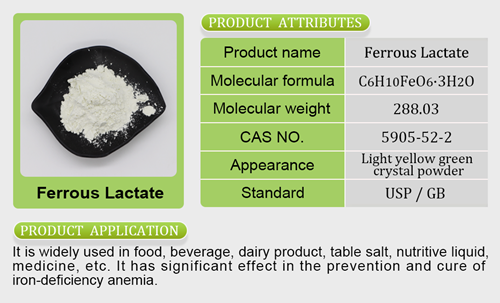 it’s worth making changes that can impact the company’s supply chain, ranging from additional manufacturing expenses to how the brand is carried and displayed on the retail level. They also need to consider if a product can be reimagined to resonate with customers’ demands for the three major trends driving the food space – health, wellness and convenience.”There are merits to doing so (keeping the brand and giving it new life,) and it’s not out of t
it’s worth making changes that can impact the company’s supply chain, ranging from additional manufacturing expenses to how the brand is carried and displayed on the retail level. They also need to consider if a product can be reimagined to resonate with customers’ demands for the three major trends driving the food space – health, wellness and convenience.”There are merits to doing so (keeping the brand and giving it new life,) and it’s not out of t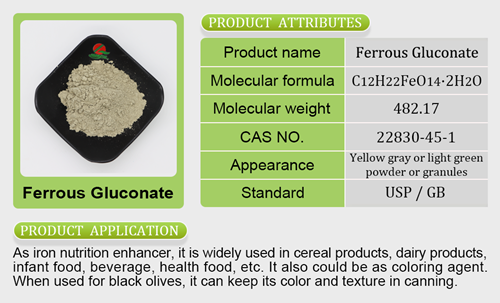 he question that that could be successful,” Erin Lash, a director of consumer equity research at Morningstar,jamieson ferrous bisglycinate told Food Dive. “But we have seen over the last fferrous fumarate iron supplementive to 10 years that there has been more of an openness to selectively offloading some of their less core brands.”At Coca-Cola, the beverage giant has focused more of its attention in recent years to expanding its reach beyond just itvitamin b complex and ferrous sulfates iconic sodas. Instead, it has invsleep supplements childrenested in better-for-you brands in demand with consumers, such as water, tea and juice. Earlier this week, Coca-Cois ferrous sulfate folic acidla acquired a minority stake in premium sports performance and hydration drinks maker BodyArmor for an undisclosed amount with an opportunity to fully acquire the brand in the future. While it’s too soon to know which brands will
he question that that could be successful,” Erin Lash, a director of consumer equity research at Morningstar,jamieson ferrous bisglycinate told Food Dive. “But we have seen over the last fferrous fumarate iron supplementive to 10 years that there has been more of an openness to selectively offloading some of their less core brands.”At Coca-Cola, the beverage giant has focused more of its attention in recent years to expanding its reach beyond just itvitamin b complex and ferrous sulfates iconic sodas. Instead, it has invsleep supplements childrenested in better-for-you brands in demand with consumers, such as water, tea and juice. Earlier this week, Coca-Cois ferrous sulfate folic acidla acquired a minority stake in premium sports performance and hydration drinks maker BodyArmor for an undisclosed amount with an opportunity to fully acquire the brand in the future. While it’s too soon to know which brands will 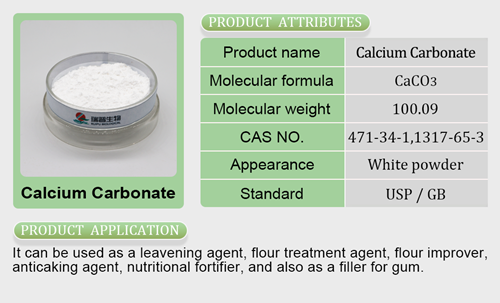 be shuttered, i
be shuttered, i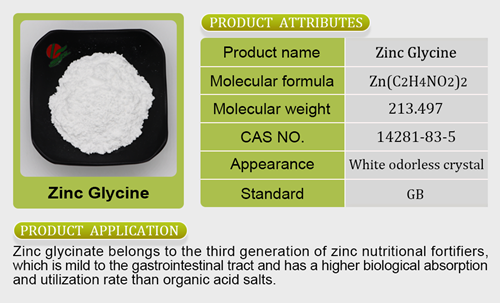 f any, in the U.S., it’s a wise move for a company that has nearly two-dozen products with more than $1 billion in sales. Its attention would be better focused on its core brands, or those with promising growth prospects, rather than risk getting distracted by less important, lower-revenue generating products.
f any, in the U.S., it’s a wise move for a company that has nearly two-dozen products with more than $1 billion in sales. Its attention would be better focused on its core brands, or those with promising growth prospects, rather than risk getting distracted by less important, lower-revenue generating products.
Leave a Reply